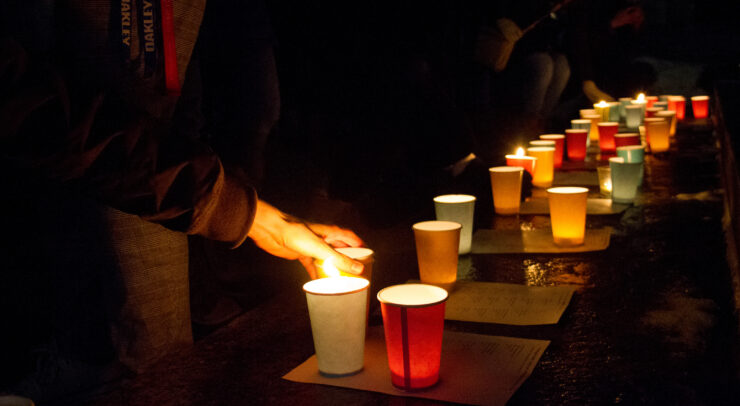APUO and U of O reach deal for 2011–12
Spencer Van Dyk | Fulcrum Staff
THE UNIVERSITY OF Ottawa and its faculty association, the Association of Professors of the University of Ottawa (APUO), reached a collective agreement Sept. 20, after 16 months of negotiations. Talks for the agreement began in April of 2011.
“The agreement includes over 130 important non-monetary amendments that will create a more streamlined collective agreement,” reads the statement from the U of O. “Included is a salary increase of 1.71 per cent which is in line with the average increases that have occurred at other comparable Ontario universities during the past two years.”
“Faculty will also see welcome changes in some paramedical care programs,” continued the statement. “An important modification was introduced for our assistant professors, who will have easier access to their first academic leave once tenure is granted. This change constitutes an important step towards the university’s strategic plan of fostering a top research university.”
Karine Proulx, a U of O media relations officer, was offered little insight into the deal.
“All I have to say is that the University of Ottawa and our faculty association, the APUO, have reached a settlement for the renewal of the collective agreement for the 2011–12 academic year,” said Proulx. “The settlement is pending ratification from both sides.”
Christian Rouillard, president of the APUO, said they will now have to negotiate a new agreement for the coming year.
“This was a long process,” said Rouillard. “So it was high time that we came to an agreement, at least for 2011–2012, which we did, but it is just that one-year settlement, so that takes care of 2011–2012, which means that the very day the new agreement will be ratified, it will be expired.”
The settlement will be ratified Sept. 25, then negotiations will recommence immediately for an active collective agreement.
Until last Thursday, negotiations seemed to have been at a stalemate, with the length of time it took for the deal to be reached on the minds of both sides. The question remains why the U of O took so long to reach a decision.
“I think it was always the hope that Queen’s Park would do part of the job for [the university],” said Rouillard. “First [we had] to wait for the last Ontario budget, then the report from the Drummond Commission. [We are] always waiting for the next big thing to come out of Queen’s Park to do the job.”
Rouillard also said that although this settlement “is nothing to be dancing in the streets about, it is fair,” and has several very positive points that will be relevant to younger faculty members.
The U of O and APUO will soon begin negotiations for the current academic year, but they must come to an agreement on non-monetary issues before a settlement on salaries and benefits can be reached.




